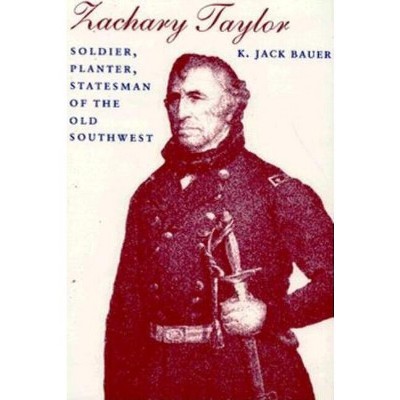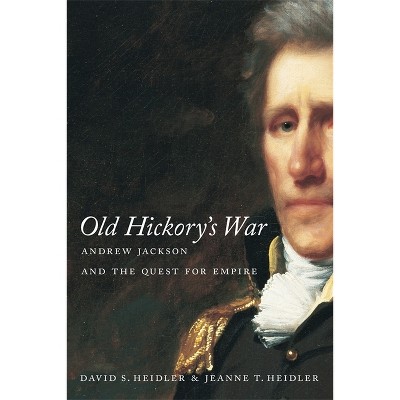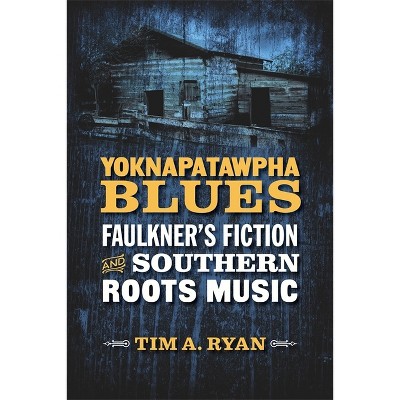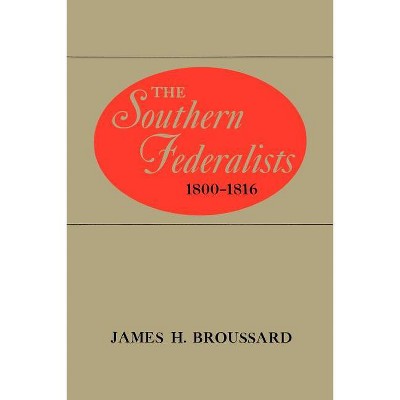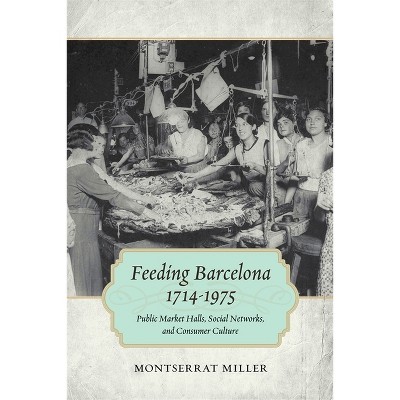The British Gentry, the Southern Planter, and the Northern Family Farmer - by James L Huston (Hardcover)

$47.40 sale price when purchased online
$50.00 list price
Target Online store #3991
About this item
Highlights
- Drawing on the history of the British gentry to explain the contrasting sentiments of American small farmers and plantation owners, James L. Huston's expansive analysis offers a new understanding of the socioeconomic factors that fueled sectionalism and ignited the American Civil War.
- About the Author: JAMES L. HUSTON is professor of history at Oklahoma State University and the author of The Panic of 1857 and the Coming of the Civil War; Securing the Fruits of Labor: The American Concept of Wealth Distribution, 1765-1900; Calculating the Value of the Union: Slavery, Property Rights, and the Economic Origins of the Civil War; and Stephen A. Douglas and the Dilemmas of Democratic Equality.
- 376 Pages
- History, United States
Description
Book Synopsis
Drawing on the history of the British gentry to explain the contrasting sentiments of American small farmers and plantation owners, James L. Huston's expansive analysis offers a new understanding of the socioeconomic factors that fueled sectionalism and ignited the American Civil War. This groundbreaking study of agriculture's role in the war defies long-held notions that northern industrialization and urbanization led to clashes between North and South. Rather, Huston argues that the ideological chasm between plantation owners in the South and family farmers in the North led to the political eruption of 1854-56 and the birth of a sectionalized party system.
Huston shows that over 70 percent of the northern population-by far the dominant economic and social element-had close ties to agriculture. More invested in egalitarianism and personal competency than in capitalism, small farmers in the North operated under a free labor ideology that emphasized the ideals of independence and mastery over oneself. The ideology of the plantation, by contrast, reflected the conservative ethos of the British aristocracy, which was the product of immense landed inequality and the assertion of mastery over others. By examining the dominant populations in northern and southern congressional districts, Huston reveals that economic interests pitted the plantation South against the small-farm North. The northern shift toward Republicanism depended on farmers, not industrialists: While Democrats won the majority of northern farm congressional districts from 1842 to 1853, they suffered a major defection of these districts from 1854 to 1856, to the antislavery organizations that would soon coalesce into the Republican Party. Utilizing extensive historical research and close examination of the voting patterns in congressional districts across the country, James Huston provides a remarkable new context for the origins of the Civil War.About the Author
JAMES L. HUSTON is professor of history at Oklahoma State University and the author of The Panic of 1857 and the Coming of the Civil War; Securing the Fruits of Labor: The American Concept of Wealth Distribution, 1765-1900; Calculating the Value of the Union: Slavery, Property Rights, and the Economic Origins of the Civil War; and Stephen A. Douglas and the Dilemmas of Democratic Equality.Dimensions (Overall): 9.29 Inches (H) x 5.95 Inches (W) x 1.12 Inches (D)
Weight: 1.39 Pounds
Suggested Age: 22 Years and Up
Number of Pages: 376
Genre: History
Sub-Genre: United States
Publisher: LSU Press
Theme: 19th Century
Format: Hardcover
Author: James L Huston
Language: English
Street Date: May 4, 2015
TCIN: 88984333
UPC: 9780807159187
Item Number (DPCI): 247-57-9187
Origin: Made in the USA or Imported
If the item details above aren’t accurate or complete, we want to know about it.
Shipping details
Estimated ship dimensions: 1.12 inches length x 5.95 inches width x 9.29 inches height
Estimated ship weight: 1.39 pounds
We regret that this item cannot be shipped to PO Boxes.
This item cannot be shipped to the following locations: American Samoa (see also separate entry under AS), Guam (see also separate entry under GU), Northern Mariana Islands, Puerto Rico (see also separate entry under PR), United States Minor Outlying Islands, Virgin Islands, U.S., APO/FPO
Return details
This item can be returned to any Target store or Target.com.
This item must be returned within 90 days of the date it was purchased in store, shipped, delivered by a Shipt shopper, or made ready for pickup.
See the return policy for complete information.






